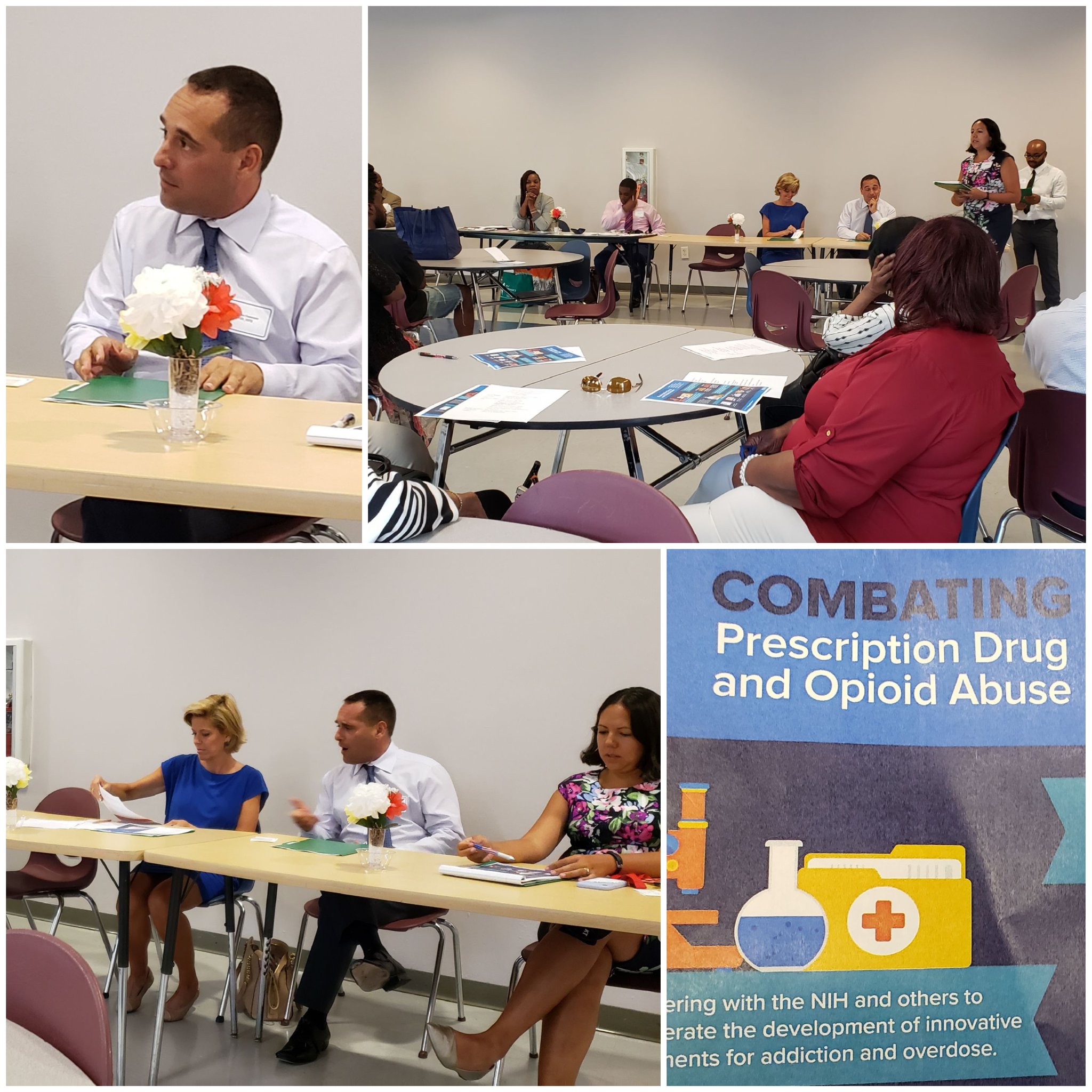Opioid Policies

Much like the rest of the United States, residents of the District of Columbia are struggling with substance use disorder (SUD) rate increases and high rates of opioid-related deaths. Unfortunately, these are multi-faceted issues that require year-long initiatives and systematic programs to address the myriad causes of addiction.
MSDC stands as a partner to the District government and private entities to help arrest the rates of opioid and substance abuse in the District. Through our advocacy for better prescribing practices, education on addiction, and even helping our own community through our Physician Health Program, MSDC is working to make DC a leader in reducing SUD, OUD, and addiction.
On a related note, MSDC is passionate about helping patients make prescriptions and medication more affordable. Whether expanding access to biosimilars or advocating for more affordable co-pays, MSDC wants to help our patients afford the medications they need.
MSDC Statement and Testimony on Opioid and Prescription Issues
25th Council information coming soon
AMA: Insurers Imposed Prior Auth Despite Pandemic
As much changed in 2020, one thing stayed the same - the burden of prior authorization on medical practices.
On April 7, the American Medical Association released survey results showing that for the overwhelming majority of physicians nationwide, prior authorization requirements imposed by commercial payers did not change during the pandemic. Of those, 30% of physicians reported that prior auth requirements led to a serious adverse event for a patient in their care.
You can see the press release and survey topline data here.
“As the COVID-19 pandemic began in early 2020, some commercial health insurers temporarily relaxed prior authorization requirements to reduce administrative burdens and support rapid patient access to needed drugs, tests and treatments,” said AMA President Susan R. Bailey, M.D. “By the end of 2020, as the U.S. health system was strained with record numbers of new COVID-19 cases per week, the AMA found that most physicians were facing strict authorization hurdles that delayed patients’ access to needed care.”
The burden of the prior auth requirements include more than delaying patient care. Of those physicians surveyed, 40% said they employ staff members who work exclusively on prior auth tasks. The average physician practice spends 40 hours a week on prior authorization. Almost every physician surveyed (85%) said the burdens associated with prior authorization were high or extremely high.
MSDC continues to work at the local level in reducing the burden of prior authorization. Get involved through our advocacy website and sign-up.
Sample of Legislation MSDC Tracked on Opioid and Prescription Policy
What does it do? The bill authorizes licensed pahrmacists to dispense interchangeable biological products and requires notifications to physicians when such interchangeables are dispensed.
MSDC position: MSDC has a position of priority support on this legislation, identifying its passage as one of its highest legislative priorities.
Current status: SUCCESS. The bill was passed by the Council and signed by the Mayor.
What does it do? The bill requires prescription opioid medications to include a statement that the drug is an opioid and opioids may cause dependence, addiction, or overdoes.
MSDC position: MSDC supports the legislation.
Current status: The bill had a hearing before the Committee on Health on July 29, 2020. MSDC leader Dr. Sam Kareff testified for the Medical Society. It passed the Council on November 10 and was signed by the Mayor December 7.
What does it do? The bill prohibits insurance companies from factoring the use of PreP in decisions related to disability, life, or long-term care policies.
MSDC position: MSDC supports this legislation
Current status: The bill was introduced on January 8, 2019 and assigned to the Committee on Business and Economic Development.

Leave a comment